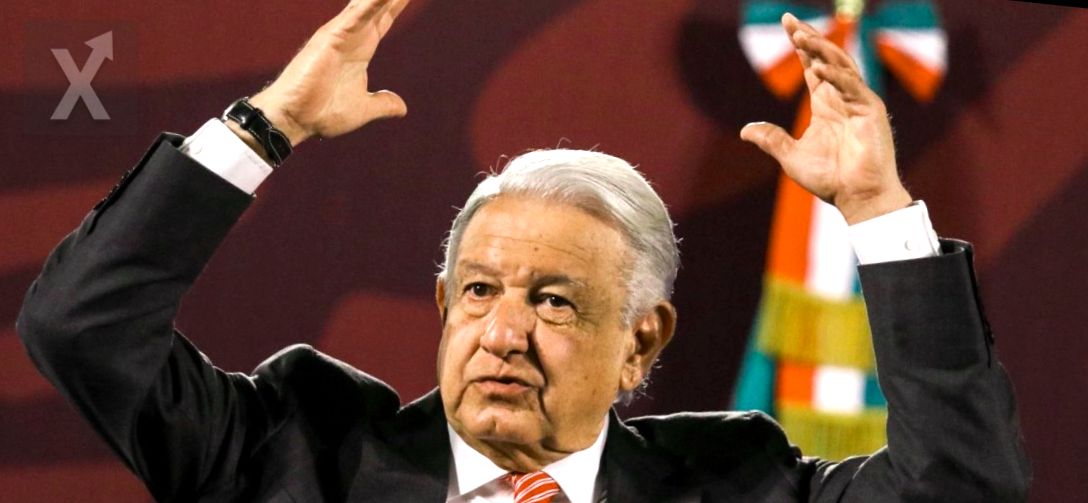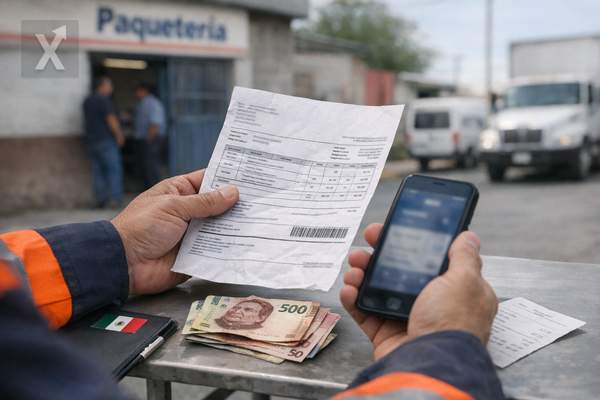The Selective Austerity of AMLO's Government

During the time Andrés Manuel López Obrador was in charge, there was a lot of talk about republican austerity in public finances, but in practice, it turned into selective austerity. Throughout his administration, expenses not only did not decrease, but the public budget grew year after year, reaching historic levels. This increase mainly benefited areas that aligned with the president's vision, such as economic support for the public, through the Ministries of Welfare and Labor, while sectors like Health and Economy saw reductions in their resources, according to public finance specialists.
Comments from Diego Díaz, coordinator of Public Finance at the Mexican Institute for Competitiveness (IMCO), emphasize that selective austerity became evident. The allocation to Pemex, which received 1.8 trillion pesos in support during this administration, raises doubts about the existence of true austerity. Some areas faced cuts, while others, like social programs and Welfare pensions, saw significant increases. José Luis Clavellina, director of Research at the Center for Economic and Budgetary Research (CIEP), also agrees that when looking at the overall picture, spending is higher than ever, reaching the largest budget in history.
An analysis by CIEP shows that sectors such as National Defense, Welfare, Labor and Social Security, as well as Energy, collectively received 190% more resources. This is related to their roles in fulfilling the government's priorities, such as the budget for the Maya Train or support for Pemex. However, institutions like the Federal Telecommunications Institute (IFT) and the National Human Rights Commission (CNDH) suffered cuts of up to 44.1% in real terms. Clavellina points out that even autonomous organizations were harmed. These cuts were also due to declining revenues from the pandemic and the lack of effective tax reforms, which led to decisions to cut areas not considered priorities by the government, as noted by Christopher Cernichiaro, a postdoctoral researcher at UAM. He highlights that public decisions are often made with more consideration for elections than for the efficiency of public spending.
In summary, the situation reflects a management of resources that, rather than consolidating true austerity, prioritized certain expenditures over others. This trend may have long-term implications for the fiscal sustainability of the country, making it urgent to reevaluate spending strategies and the importance of implementing tax reforms that genuinely strengthen Mexican public finances. Transparency and accountability are essential to ensure that the budget ultimately benefits society as a whole.






